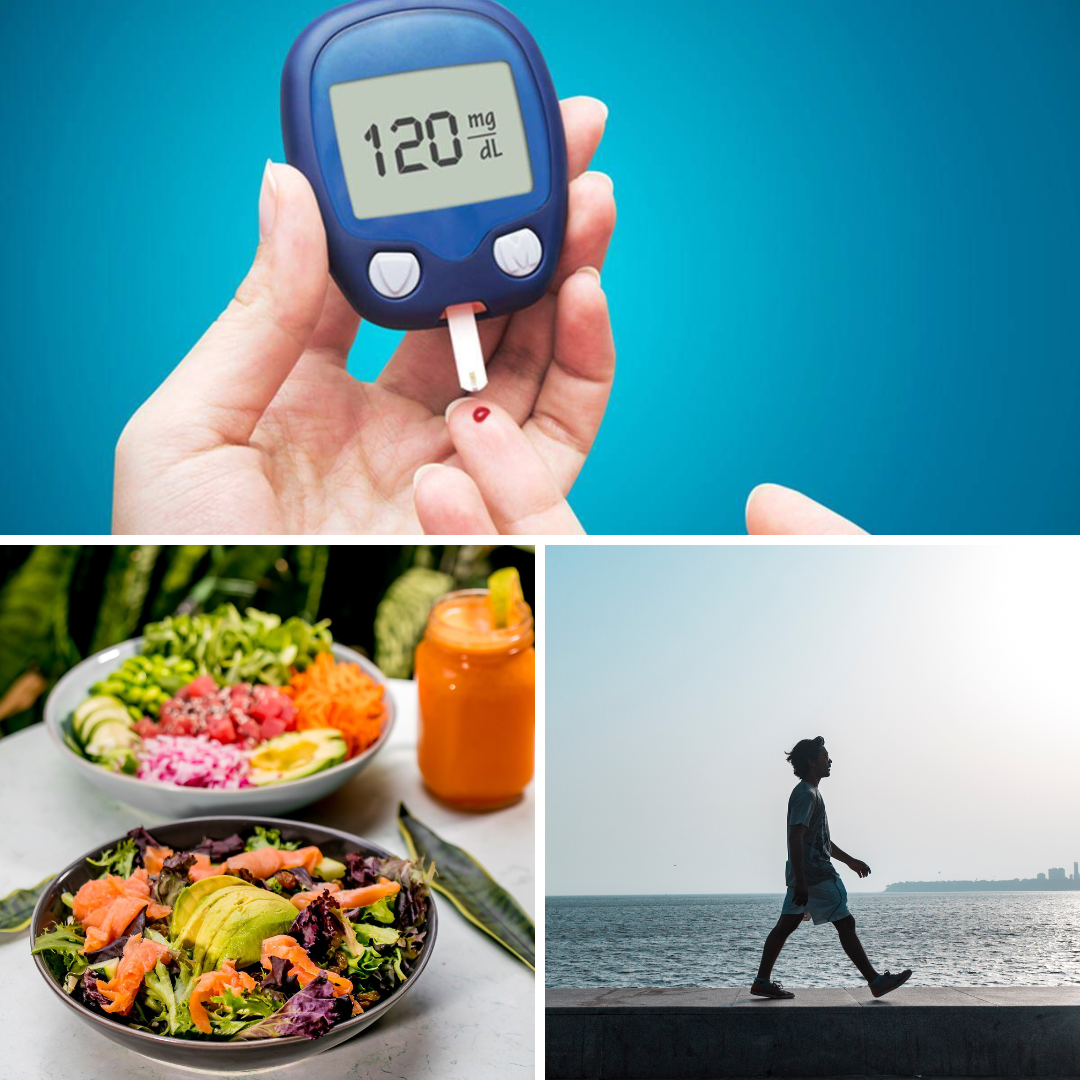Personalized Actionable Insights

Reducing your RHR through cold therapy and breathing techniques
A low Resting Heart Rate (RHR) is an indicator of good cardiovascular health, low levels of stress, optimal physical fitness, and good quality of sleep. It is also associated with a reduced risk of developing disease and is, therefore, considered a cornerstone of longevity and healthspan.

Improving HRV through better activity management
Heart Rate Variability (HRV) is an indicator of autonomic nervous system health. It provides insights into various aspects of health and fitness, including feedback on the physical impact of exercise, sleep, and stress. Improving physical fitness, in turn, improves long-term HRV.

Improving your exercise related glucose spikes through pre-exercise meals
Exercise related glucose spikes are often a function of lactate as well as of cortisol production, due to the stress caused by Intense bouts of activity; especially start-and-stop sports which are typically anaerobic in nature. Having the right meals before such activities can help reduce the magnitude of these spikes, leading to better insulin sensitivity, a hallmark of reduced probability of disease.

Better your HbA1c control through post-meal walks
Walking for 15 minutes after a meal improves HbA1c levels by enhancing glucose uptake in muscles. Physical activity promotes insulin sensitivity, allowing cells to efficiently utilize glucose from the bloodstream. This reduces post-meal blood sugar spikes, leading to better overall blood sugar control and lower HbA1c levels over time.

Cook and cool potatoes to improve your blood glucose control
Potatoes are starch-filled and negatively impact glucose variability. In turn, this impacts your insulin resistance and, hence, both your lifespan and your healthspan. By simply heating and then cooling your potatoes (and reheating them before consuming them, if desired), the structure of the starch changes to resistant starch, which behaves more like a fiber, slowing down the absorption of glucose into the blood stream.

Impact of alcohol on sleep quality
While alcohol induces drowsiness, it disturbs sleep cycles by suppressing REM (rapid eye movement) sleep, which is essential for restoration. As alcohol metabolizes, it leads to glucose spikes as well as increases cortisol levels, stressing the body. This leads to chronic inflammation, a marker of poor healthspan.

Reducing visceral fat by managing amylase release
Consuming vegetables before carbs can slow the rate at which amylase, an enzyme in the small intestine, breaks down starches into simpler sugars, leading to a slower, steadier release of glucose into the bloodstream. This can help stabilize blood sugar levels and promote a feeling of fullness. In turn, this reduces the build-up of visceral fat.

Yoga and your cortisol levels
The combination of deep breathing, mindfulness, and the physical postures of yoga trigger the relaxation response, lowering stress hormones like cortisol. Regular practice helps manage chronic stress, improve emotional well-being, and maintain balanced cortisol levels, contributing to overall health and reduced stress-related health risks.